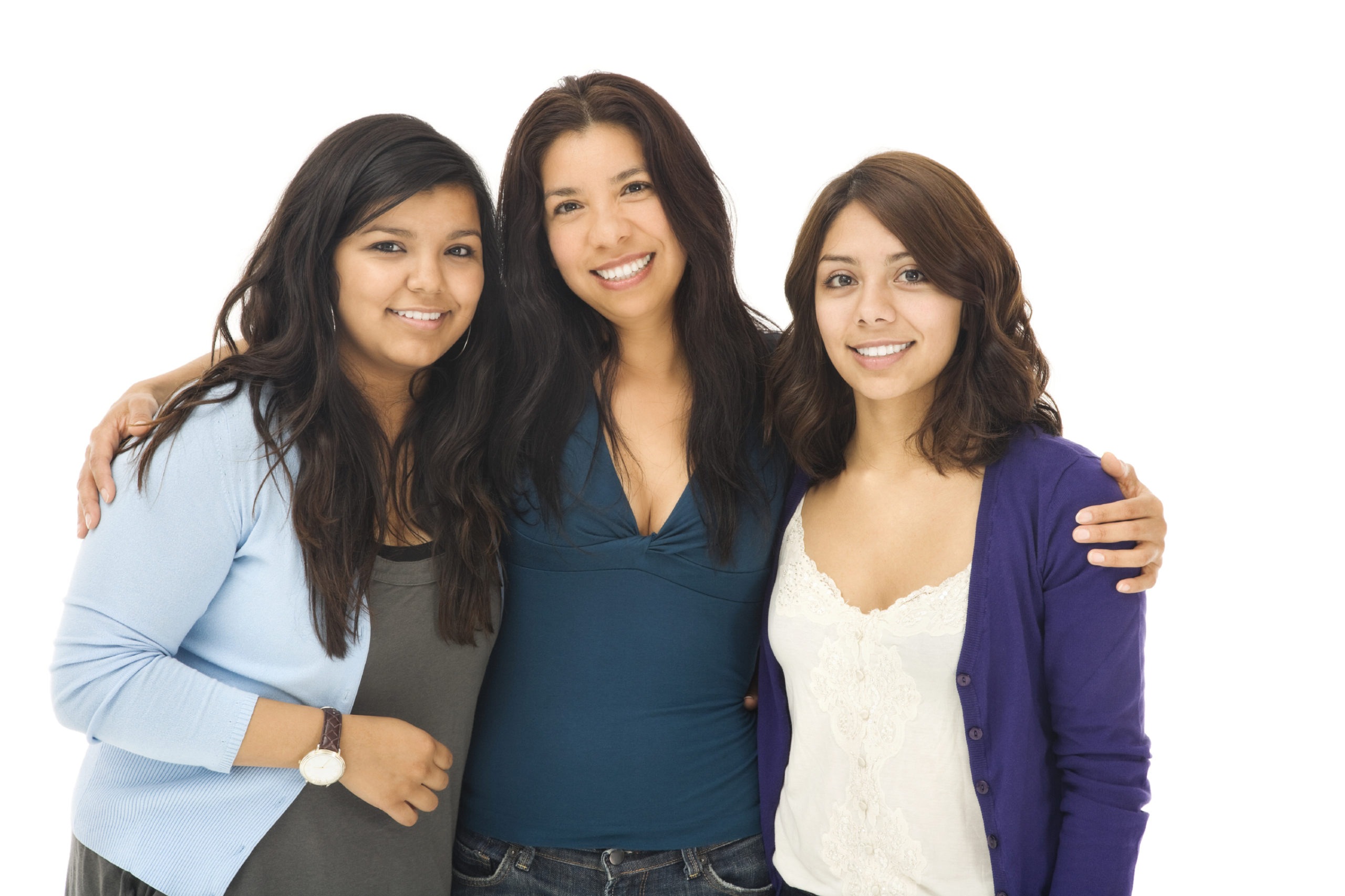If trends over the last 30 years continue, Hispanic women will not see equal pay with White men until 2233—216 years from now.
Women overall will not see equal pay until 2059, but the pace of change varies significantly by race and ethnicity. The exceptionally slow pace of progress for Hispanic women, for instance, is nearly two centuries behind when White women should expect to see equal pay with White men (2056). Black women are not projected see equal pay until 2124, 107 years from now.

Source: IWPR analysis of data from P-38 Historical Income Tables, U.S. Census Bureau, Current Population Survey, Annual Social and Economic Supplements. <http://www.census.gov/data/tables/time-series/demo/income-poverty/historical-income-people.html> (accessed October 30, 2017). Notes: Estimates presented for All Women are based on the earnings ratio for full-time, year-round workers between all women and all men, while the estimates for White, Black, and Hispanic women are based on the earnings ratio for full-time, year-round workers of each group relative to White men’s full-time, year-round earnings. Estimates presented for 2013 are based on the portion of the 2014 CPS ASEC sample which received revised income questions consistent with 2015 and 2016 CPS ASEC.
| For more information on IWPR reports or membership, please call (202) 785-5100, email iwpr@iwpr.org, or visit www.iwpr.org. |
The Institute for Women’s Policy Research (IWPR) conducts and communicates research to inspire public dialogue, shape policy, and improve the lives and opportunities of women of diverse backgrounds, circumstances, and experiences. The Institute’s research strives to give voice to the needs of women from diverse ethnic and racial backgrounds across the income spectrum and to ensure that their perspectives enter the public debate on ending discrimination and inequality, improving opportunity, and increasing economic security for women and families. The Institute works with policymakers, scholars, and public interest groups to design, execute, and disseminate research and to build a diverse network of individuals and organizations that conduct and use women-oriented policy research. IWPR’s work is supported by foundation grants, government grants and contracts, donations from individuals, and contributions from organizations and corporations. IWPR is a 501(c)(3) tax-exempt organization that also works in affiliation with the Program on Gender Analysis in Economics at American University.




